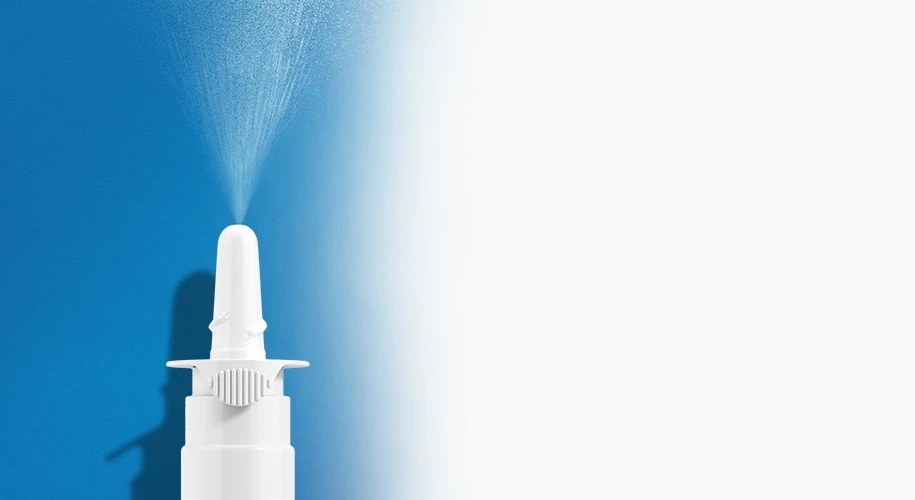How can I prevent nasal congestion?
You can help prevent nasal congestion due to cold and flu viruses by practicing good hygiene. Wash your hands frequently, avoid sharing drinking glasses or utensils, use alcohol-based hand sanitizers and avoid close contact with people who are sick. If your nasal congestion is allergy-related, it’s best to avoid allergens (such as dust, pollen, and smoke) that may irritate your nasal passageways. Using a good humidifier and nasal saline sprays or rinses can also help with nasal congestion due to allergies.
How can I treat nasal congestion?
Nonprescription vasoconstrictors, such as phenylephrine, relieve nasal congestion by shrinking the inflamed linings (or “mucosa”) of the nose through a process called “vasoconstriction” (constriction of the blood vessels). Shrinking these tissues opens the airways, reducing resistance and improving airflow.
For fast relief, try QlearQuil Daytime Sinus Congestion Relief—the non-drowsy formula contains an effective pain reliever and phenylephrine, which can safely and effectively clear up nasal congestion. If your sinus congestion is worse at night, try QlearQuil Nighttime Sinus & Congestion Relief. In addition to a pain reliever and decongestant, it contains an antihistamine to help stop sneezing and a runny nose so you can rest easier. Although QlearQuil Daytime and Nighttime do not cure nasal congestion, they both can help relieve your symptoms.



